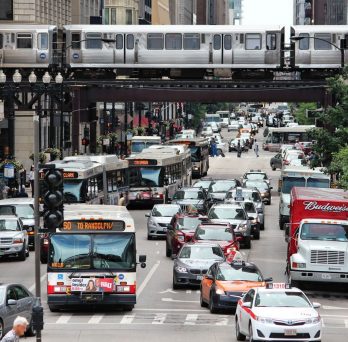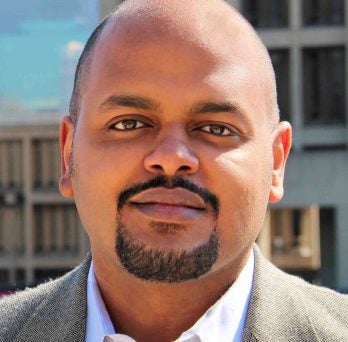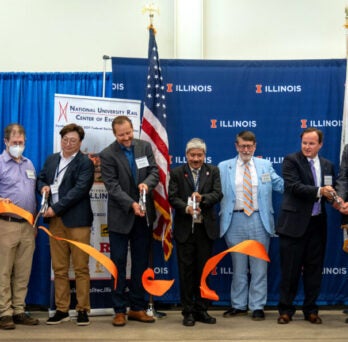CUPPA's work is vital to the mission of UIC.
Research programs in CUPPA’s seven interdisciplinary research centers and institutes and two academic departments explore how communities can evolve to meet the needs of residents and improve lives.
Our Research Methods Heading link
Ensuring social justice, promoting access to transportation and services, providing advocacy for underserved populations, creating jobs in economically depressed neighborhoods, and improving government management and performance at all levels are just some of the areas our faculty examine.
The Department of Public Policy, Management, and Analytics is the leading public-sector source of research on critical issues of fiscal condition and financial management, in public administration in Illinois. Its faculty was recently ranked among the 20 most productive in the world.
Our faculty in the Urban Planning and Policy Department influence scholarship on cities and planning with their ideas noted in more than 22 books just this past year. The faculty produced 10 book chapters and 28 refereed journal articles over the past year as well. Communities’ processes have been shaped by the work of our students and faculty, who are called upon to make recommendations by influential groups such as Chicago aldermen and the Chicago Transit Authority.
Our research has been funded by renowned foundations such as the John D. and Catherine T. MacArthur Foundation, Ford Foundation, Rockefeller Foundation, the Robert R. McCormick Foundation, the Woods Fund, and Chicago Community Trust, as well as the National Institutes of Health, National Science Foundation, the U.S. Department of Transportation, and U.S. Department of Justice.
CUPPA Faculty Areas of Research Expertise Heading link
| Governance | Economic & Racial Disparities | Finance |
|---|---|---|
| Public Management | Planning & Urban Design | Property Tax |
| Intergovernmental Collaboration | Labor & Employment Policy | Informal/Gig Economy |
| Contracting and Privatization | Immigration Policy | Local Fiscal Policy |
| Networks | Workers' Rights | Sales Tax |
| Nonprofit Management | Environmental Jusitce | Business Tax and Incentives |
| E-Government | Housing Policy | Sustainability |
| Civic Analytics | Neighborhood Disinvestment | Infrastructure Financing |
| Transportation | Community Organizing | Public Pensions |
| Performance Management | Economic Development | Debt |
| Coproduction | Consumer Protection | Participatory Budgeting |
| Infrastructure Management | Gentrification | Banks and Lending |
| Diversity in Leadership | Civic Participation |
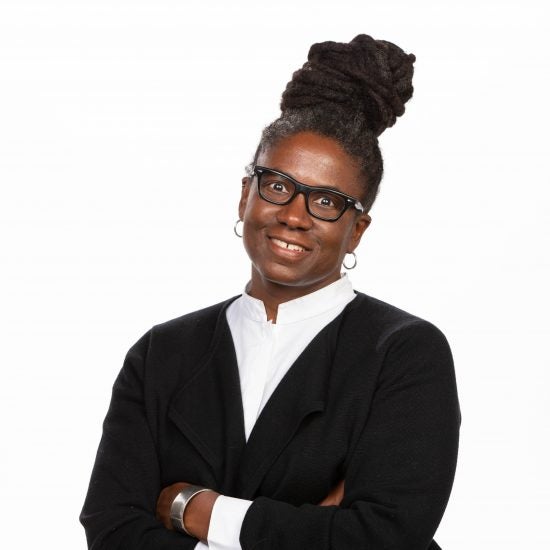
Stacey’s combination of activist-research and institution building is a model of impactful, engaged scholarship that is driven by core commitments to social equity and racial justice. Likewise, her search for alternatives to unjust systems, pursued in partnership with affected communities, is an example of how urban planning scholarship can broaden our horizons for action.
Read more here.
CUPPA Research Makes a Difference. Heading link
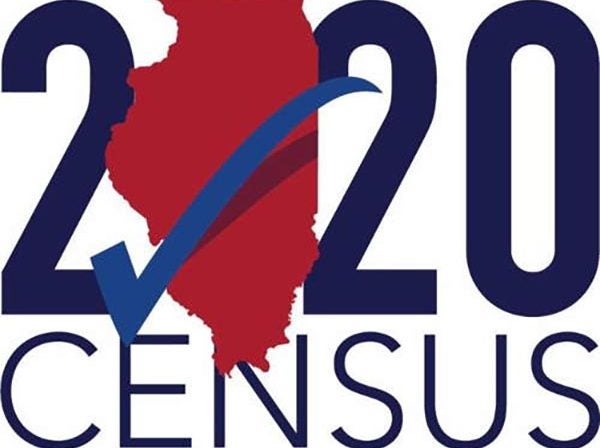
A decreased share of federal funding and fewer seats in the U.S. House of Representatives for the next decade are among the outcomes that can occur due to an undercount of residents in the 2020 census.
To help avoid negative consequences of an inaccurate final census count, Illinois Gov. J.B. Pritzker and the Illinois Department of Human Services, or IDHS, announced a $20 million investment that will go to 30 local community and government organizations serving as regional intermediaries for coordinated census mobilization initiatives across the state.
Through an intergovernmental partnership with IDHS, UIC CUPPA will have a leading role in these efforts aimed at ensuring all Illinois residents are counted in the 2020 census. Read more at UIC Today.
Meet one of the world's most influential researchers Heading link
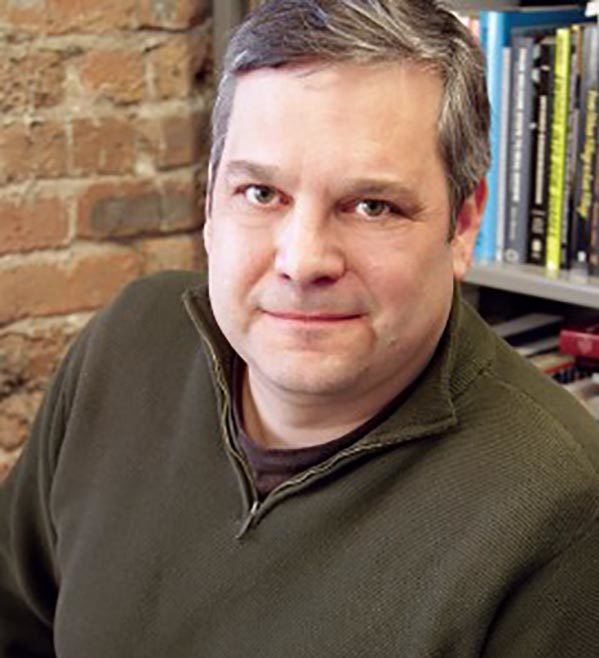
Who says? Thomson-Reuters, for starters. The multinational media and information firm named Theodore to a list of the world’s most highly cited researchers in 2015, “the people who are on the cutting edge of their fields. They are performing and publishing work that their peers recognize as vital to the advancement of their science.”
Theodore, professor of urban planning and public affairs, was one of only two urban planners and 177 social science researchers worldwide named to the list.
The New York Times, Washington Post and Los Angeles Times frequently report on his national studies of daily social injustices like wage theft, labor standards violations and other abuses of low-wage workers, including those in temporary staffing agencies, the day labor market and domestic work.
His academic publishing has drawn widespread attention over many years with a primary focus on neoliberalism and its restructuring of the domestic and global economies, especially as they affect workforce development, workers’ rights, the informal economy and exploitation of vulnerable workers.
CUPPA Research in the News Heading link

